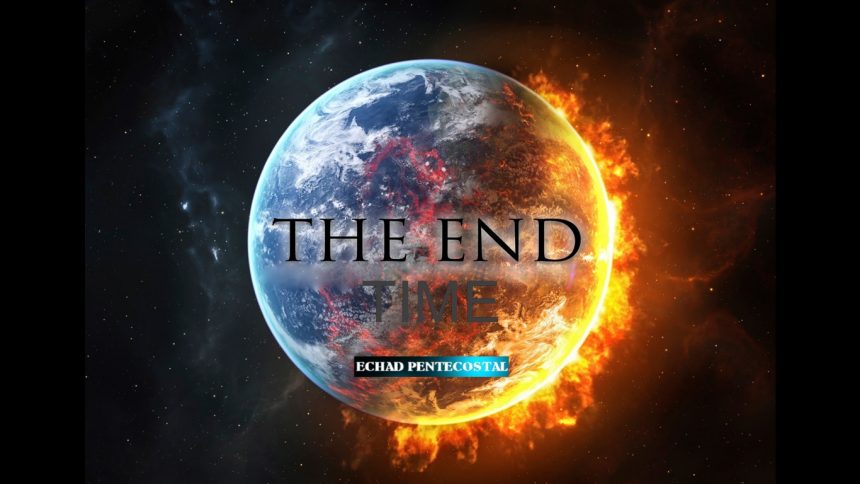In the history of religion, the term eschatology refers to conceptions of the last things: immortality of the soul, rebirth, resurrection, migration of the soul, and the end of time. These concepts also have secular parallels—for example, in the turning points of one’s life and in one’s understanding of death. Often these notions are contrasted with the experience of suffering in the world. Eschatological themes thrive during crises, serving as consolation for those who hope for a better world or as motivation for a revolutionary transformation of society.
Shaped by the extent and nature of the believer’s involvement in the world, eschatological expectations assume either an individual or a collective form, embracing individual souls, a people or group, humanity, or the whole cosmos. The social implications of the two forms of eschatology are significant. Individual forms tend to foster either apolitical or politically conservative attitudes—predicated on the belief that each person experiences God’s judgment upon death and that there is therefore little purpose to changing the world. Some forms of collective eschatology, however, involve political activism and the expectation of the public manifestation of God’s justice. Not only do they hope for collective corporeal salvation and a transformation of the world, but they actively prepare for it.
Jesus says that in the period preceding his coming many will be persecuted and put to death because of him (Matt 24:9-12), but the one who stands firm to the end will be delivered (i.e., “saved”). Thus, after the period of great tribulation—a period which Christ said will be shortened for the sake of the elect (24:22)—he will return and gather his own from the four winds. But, he will also judge his enemies and all those who have despised his coming. These are those of whom it is said: they “mourn” (24:30); they will be “cut to pieces and assigned a place with the wicked” (Matt 24:51); they are “foolish” and banned from the “banquet “(25:3, 10-12); “wicked, lazy servant(s)” and “worthless servant(s)” who will not share in their “master’s happiness,” but instead will be “thrown outside into the darkness where there will be weeping and gnashing of teeth” (25:23, 26, 30). The King will separate them as goats and consign them to the eternal fire with the Devil and his angels (25:41). They will receive “eternal punishment” for their sin (25:46).

